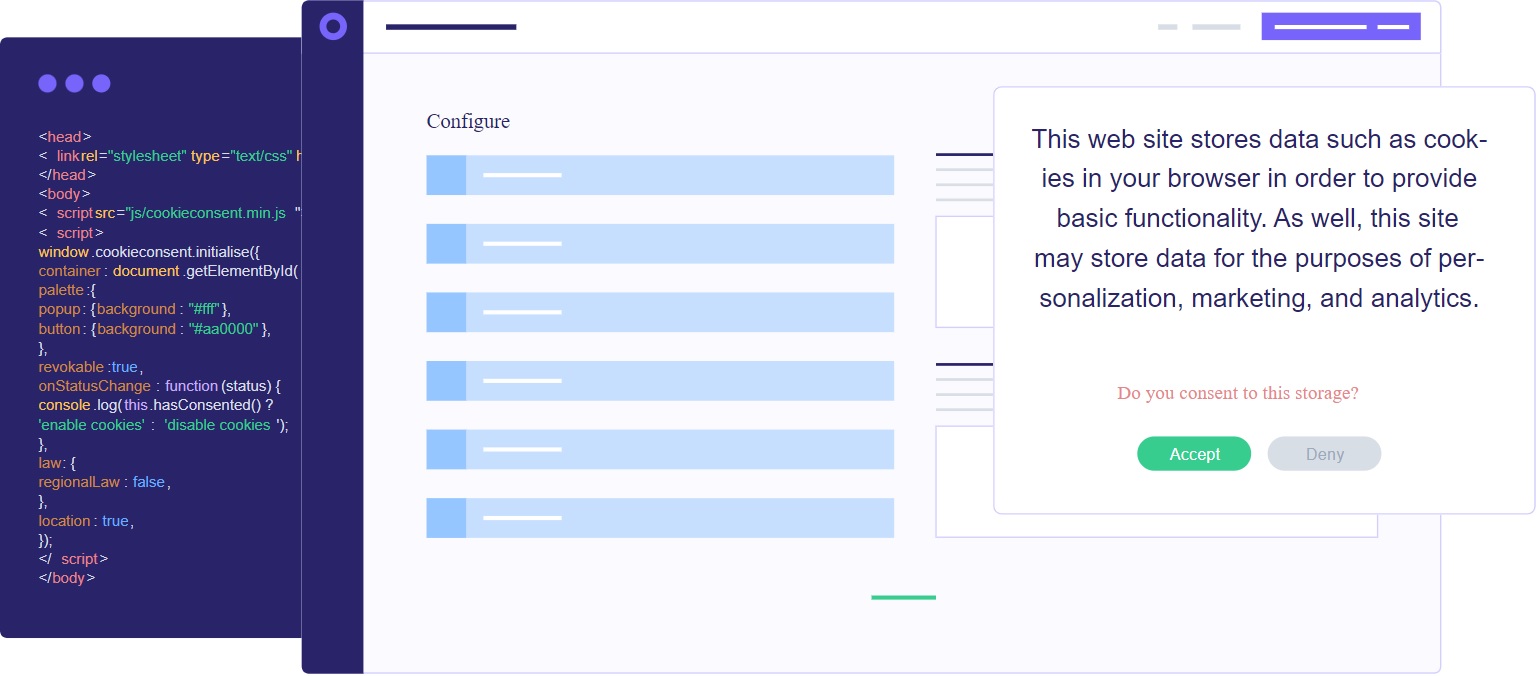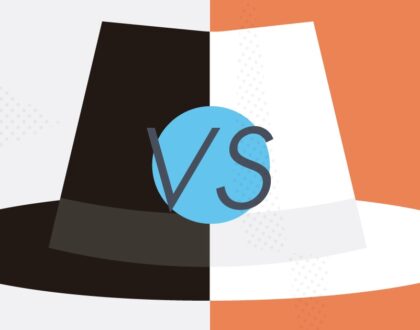What are Privacy Acts and Why Are They Important for Your Business?
Control over our privacy is something we should all be entitled to and many countries around the world have introduced over the years, relevant privacy acts for both online and offline data use.
With the internet growing astronomically in such a short period of time, more concern has been placed on user data, and how it’s gathered, stored, and used by those who acquire it. With more freedom over data use and less control, it puts those users’ information in danger of being breached and stolen.
Cyber crimes are on the rise too with 465,177 reported incidents during 2020, as found by The Internet Crime Complaint Center’s report that year. This doesn’t include attempted attacks either.
Data privacy laws can help protect our data, which is why more businesses needed to take it seriously. In this guide, we’ll look at what privacy acts are, the consequences of breaching them, and how they’re important to any business in 2022.
What are privacy acts?
A privacy act or law is a body of law that deals with regulating the storage of data and how any one organization or person uses this information beyond simply asking for it and keeping it in a database.
This data is often personally identifiable information such as financial information and personal healthcare details. It also applies to the commercial sector, making individuals liable when they’re responsible for handling this data.
However, not all countries have this data law or privacy act in place. Currently, there are 137 out of the 194 countries on the planet that have legislation in place to protect and protect the privacy of users.
Despite what many of us see as a human right, it’s not been rolled out universally to its fullest extent as of yet.
Check out Osana’s guide on privacy acts
There are plenty of resources on privacy acts, what they are and how they could affect your business in particular. It’s worth utilizing this guide on Osanos website offers further information on the CPRA and other privacy acts.
The importance of privacy acts for your business
How are privacy acts important to your business in particular? Privacy acts are something we are all protected by and therefore we can appreciate the need to comply with legislation and the laws in place when in the position of collecting and using other people’s data.
However, despite many countries introducing strict laws, not everyone abides by them. Privacy laws are important to a business for a number of reasons:
They’re a necessity to many industries
From banking to medical institutions, there are just some industries that require privacy laws as a necessity. These professionals, like many others, have privacy laws incorporated that employees and organizations are expected to maintain both online and offline.
Builds trust in customers and clients
With data protection, it can help improve the relationships between businesses and customers. Confidentiality, despite the level of sensitive information provided, should be kept private no matter what. Otherwise, it can effectively ruin that relationship beyond repair in some cases.
The consequences of breaching privacy laws
As it’s been mentioned, privacy laws can be damaging to a business if the trust between a customer or client has been broken due to a lack of privacy in place. The wider consequences that come with breaching privacy laws can be significant.
Reputational damage
A data breach is bad publicity and once you have been breached, it’s your duty and responsibility to share that news within a certain number of hours. If not, then that could lead to further action taken against you.
Either way, if you’re seen to have done nothing to help prevent the breach, like non-compliance to the laws in place, then reputational damage is bound to occur. That, for some businesses, can take a long road to recover from.
Loss of sales
A loss of sales can be impactful to any business, especially for smaller organizations that may only be starting out. With a breach of privacy, the average sales you make could drop or disappear altogether. A loss of sales can be detrimental to some businesses and it can take a long time to build up the sales revenue again.
Expensive to recover from
The cost of recovering from a data breach can be substantial. You may have to face legal action in some cases, which could cost you thousands in solicitor fees and you could have to reimburse some customers for any losses they’ve made. On top of that, you’ll have to spend the money to market your business once again and to build positive publicity in order to recover your image.
Loss of new quality hires
One of the unexpected issues that come with a breach or an impact on your reputation as a business is that you may end up losing quality hires as a result. Not everyone wants to be associated with a business that has gotten itself into this kind of trouble. You may struggle to hire some of the best talents on the market because of it.
How to be compliant in business when it comes to privacy
There are many ways to be compliant in business, especially when it comes to privacy. Here are a few ways that you can improve the security of the current data you hold and how to remain compliant with all the privacy laws you’re responsible for upkeep as a business.
1. Understand the types of data you hold or acquire.
When collecting data, you want to be well informed of what data you do have so that you’re not misusing it or holding onto information that’s no longer needed. Make sure that both you and your peers know what type of data you’re holding that’s personal and where that data is coming from.
It’s important that you’re also aware of where the data is being stored and how that data is then used.
2. Awareness of consent.
Some data may not require consent, whereas other personal data may need a clear and specific message on the user acknowledging their consent for use of data and how it’s used. The more specific you can be in this, the better.
As a result, you’ll have less of a chance that someone will kick off at you for misusing the data. If you can prove that they gave consent and that your messaging is clear, this will often put you in a more protected state.
According to Pew Research Center, 79% of respondents found they were very or somewhat concerned with how companies use data they collect about them. It’s very important that businesses have awareness of what data they’re collecting and holding onto it.
You should also be aware of the right of access that customers will have when it comes to their personal data. Be sure to understand everything surrounding this and how quickly you have to follow up on a request for information, etc.
3. Review your security measures.
As a business, it’s important to be aware of the security measures and policies you have in place. The use of encryptions is key so that you can reduce the risk of a security breach occurring.
Hiring an expert in security or IT would be helpful to understand the potential vulnerabilities within your business security and how you could improve these.
4. Train your employees.
One of the biggest threats to business security is that of your own employees. Human error can often cause a lot of security breaches and it’s something that can be prevented for the most part. Staff training can be helpful when a breach has occurred and it’s helpful for employees to know the process for reporting a breach and to who the report needs to go.
5. Regularly review policies and audit your supply chain.
Reviewing the data policies you have in place for your business will help ensure you’re doing everything to protect your customer’s data. Not only that but it’s worthwhile doing an audit of your supply chain, which is everyone outside of your business too that you work with.
Sometimes, the businesses you work with won’t have the same due diligence when it comes to privacy acts, so you may want to take your business elsewhere in this case.
Understand the privacy acts your business needs to obey in 2022
As a business, you are not exempt from the privacy acts that are in place for your customer’s protection. If you’re a global business or one that operates across many territories then this can further complicate the rules you have to abide by. Make sure you have all the relevant training and protocols in place to prevent a data breach or breach of privacy rights.
Related Posts
March 22, 2023
How to Start a Career in Digital Marketing
February 21, 2023




